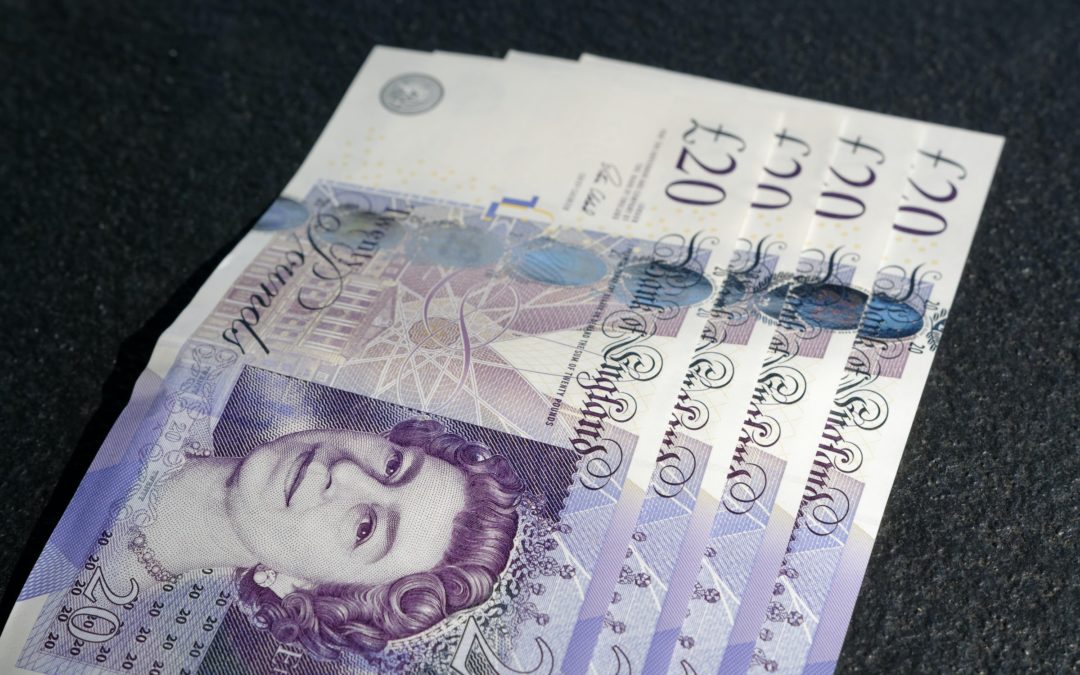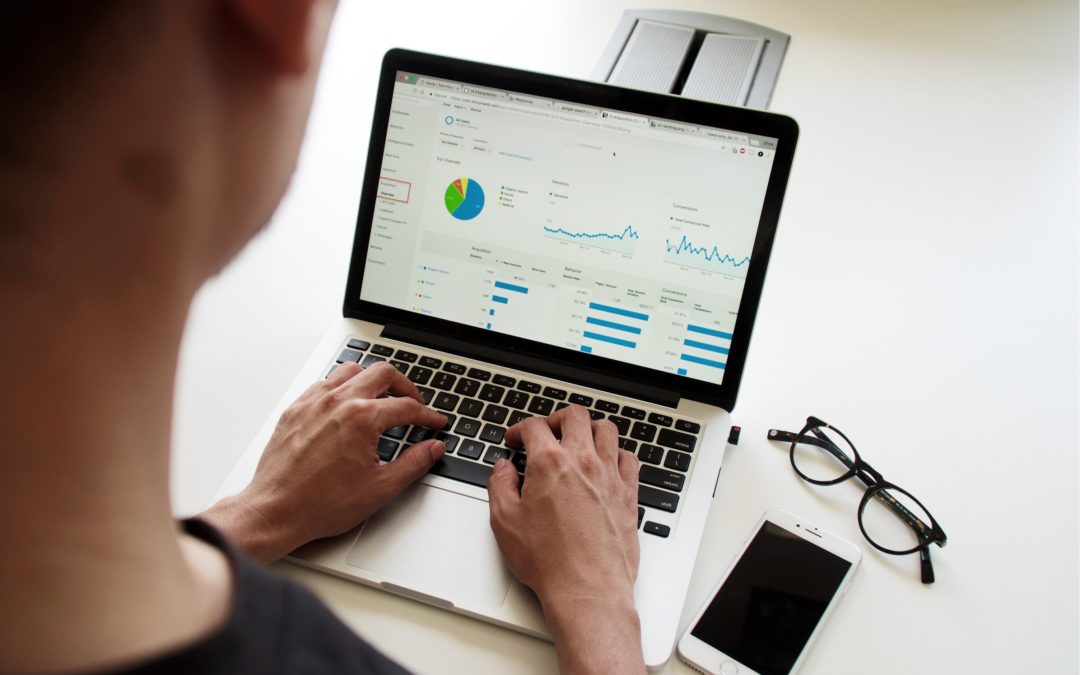
Face the Debt and Pay Something!
Your website developer has issued you with an invoice for their work. Your book-keeper has sent you an email telling you the amount that you owe for the work she has done to get your accounts in order to get you to a place where because of her work you will have an accurate figure for your likely tax bill this year. Your landlord has sent you a reminder of your rent payment date, along with a letter that provides the details of her switch to a new business bank account.
You figure that you can send just half of the agreed figure to your web developer. You delay the money to your book-keeper another week and claim to have been too busy to make the payment. You don't pay the rent until the landlord chases you with a polite SMS message asking when you paid the rent and tells you she is trying to match your credit against others she has in her account this week. You reply with a message that you didn't get the new bank details and will send straightaway.
With this attitude you've lost the confidence of your website supporter and also of the person you really need to help keep your tax bill down. You've tricked your landlord out of prompt payment for your accommodation and you think you've done yourself a favour. But now it's only three weeks until the next months rent is due. You've only fooled yourself.
Paying for your Bank Account.
You pay a monthly amount of $10 or $20 to your bank and you allow them to take this from your account in exchange for points that are supposed to add up to something exciting like a discount on shopping at stores you don't frequently use, or that gives you reduced entry tickets to a theme park you will never visit. You do this, you allow them to charge for such a "privilege" account, but at the same time you have debts that are greater than the amount of $120 or $240 you are handing over each year.
Similar to the bank account, you might have a membership of a VIP Dining Card scheme that you pay a monthly fee for, and yet you either don't use the card enough for it to be a worthwhile membership or you go out to such meals and sit there sweating at the prospect of the bill after the meal being more than you know you should be spending. If you are uncomfortable then stop kidding yourself that this is a real or relevant thing in your life. Get your money in order and enjoy a meal as a reward for sorting things out.
It's not the 1st of the month again, is it?
You open your online banking account secretly hoping that there is $1,000 in your account and are disappointed or even angry when you see that you have just $180 available now that the water, electric and gas monies have been taken out, along with the grocery store money and the petrol from the weekend. You are a week from getting your next wage credit to your account and you know you will struggle to get through these next days. The chemist will need to be paid $37 for your prescription drugs today. Your car really does need two new front tires at $60 each tire, and the weather is not good. There is a $29 school meal invoice to be paid. You complain that life is not fair to you! Everyone else has it so much easier than you!
Get this into your head. It is irrelevant where other people are with their money. It is pointless thinking about anything other than what you can start to do differently or better around the way that you deal with your money.
Start to pay something against each bill that you receive. That you cannot clear the bill does not matter. Pay something. This is not about protecting your credit rating which is irrelevant right now. What you have to do is get into the habit of paying something towards what you owe.
The action of making the payment gets you closer to the psychological place you need to be in to get rid of your debts.
